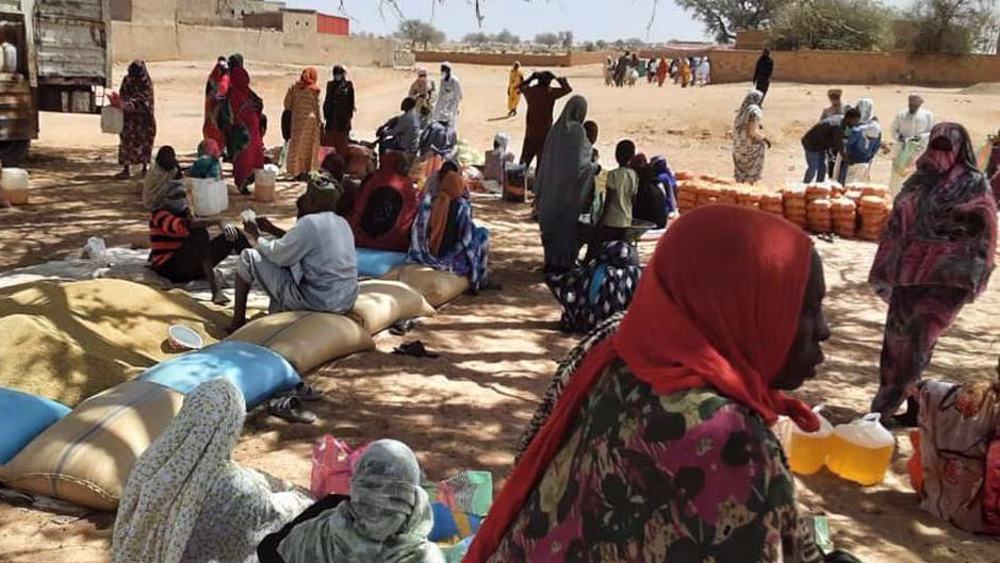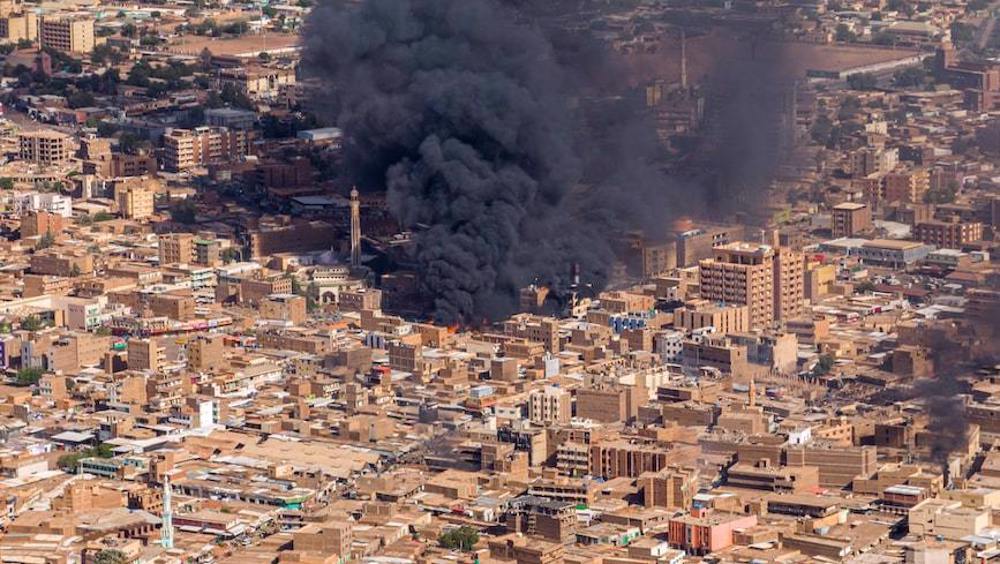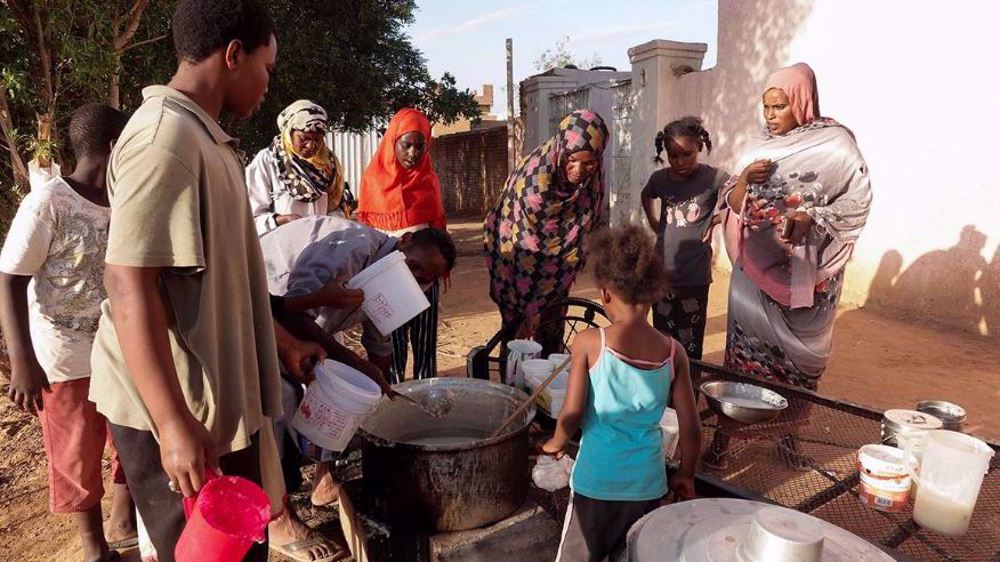President Bashir orders probe into recent deadly protests in Sudan
Sudan’s President Omar al-Bashir has ordered an investigation into two weeks of violent protests against the government's economic policies and his 29-year rule.
State media said Bashir had ordered authorities on Tuesday to set up a fact-finding committee to probe the violence.
Justice Minister Mohammed Ahmed Salem has been tasked with leading the investigation committee.
"President Omar al-Bashir has ordered the setting up of a fact-finding committee headed by the justice minister to look into the incidents of the past few days," state news agency SUNA reported, quoting a presidential decree.
There have been calls by human rights groups for authorities in Sudan to investigate the use of lethal force by security forces against protesters.
In Khartoum, authorities say 19 people have died. On the other hand, Amnesty International says it has “credible reports” that 37 people died in the first five days of protests.
On Monday, Human Rights Watch said independent groups monitoring the situation in Sudan had put the death toll at 40.
Sudan's protests began on December 19 in the wake of a move by the government to triple the price of a loaf of bread.
In the initial days of the protests, several buildings and offices of Bashir's ruling National Congress Party were torched by protesters. Riot police have managed to disperse the rallies so far, and security agents have arrested several opposition leaders and activists in a crackdown on suspected organizers.
The public display of anger later escalated into calls for Bashir to go.

Sudan’s economy has stagnated for most of Bashir’s 29-year rule. He has also failed to keep peace in the religiously and ethnically diverse country, losing three quarters of Sudan’s oil wealth when South Sudan seceded in 2011 following a referendum.
Inflation is currently running at 70 percent and the Sudanese pound has plunged in value. Shortages of bread and fuel have hit several cities.
VIDEO | Press TV's news headlines
Severe heat wave hits India as phase 2 of polling begins
What to expect after President Raeisi's visit to Pakistan
China describes Iran as ‘strategic partner' in West Asia
April 25: ‘Axis of Resistance’ operations against Israeli occupation
Hezbollah hits Israeli military sites near border with rockets, drones
Rwandans say UK deportation 'another brutal manifestation of neo-colonialism'
US troops begin construction of controversial pier off Gaza











 This makes it easy to access the Press TV website
This makes it easy to access the Press TV website